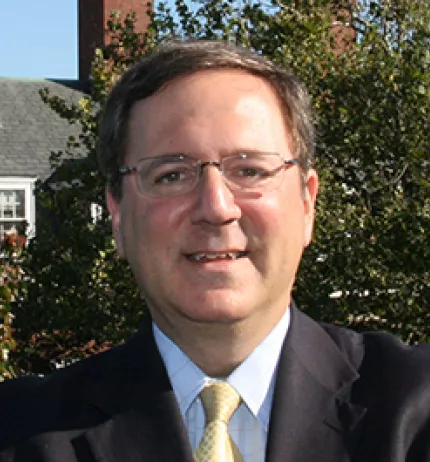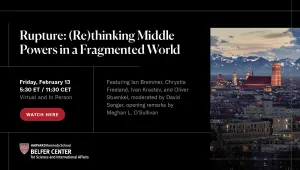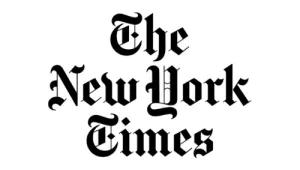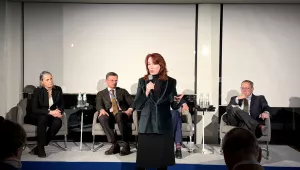Quick Takes
Quick perspectives on today's pressing topics
-
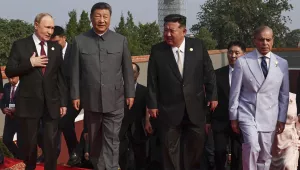 Associated Press - Alexander Kazakov, Sputnik, Kremlin Pool Photo
Associated Press - Alexander Kazakov, Sputnik, Kremlin Pool PhotoChina's Victory Day Parade: Xi Jinping hosts Russia's Vladimir Putin and North Korea’s Kim Jong Un
It’s a remarkable, historic success that 80 years after World War II, Japan and Germany have become vital U.S. allies. But as Beijing...
David E. Sanger is a White House and national security correspondent for The New York Times, and one of the news organization’s senior writers. In a 42-year reporting career at The Times, he has played central roles on three teams that have won Pulitzer Prizes, most recently in 2017 for international reporting. In April, he is publishing “New Cold Wars: China’s Rise, Russia’s Invasion and the Struggle to Defend the West.”
Prior to the publication of “New Cold Wars,’’ his fourth book, he was the author of “The Perfect Weapon: War, Sabotage and Fear in the Cyber Age’’ (2018) and an HBO documentary by the same title (2020), which examines the emergence of cyberconflict and its role in changing the nature of global power.
He is also the author of two Times best sellers on foreign policy and national security: “The Inheritance: The World Obama Confronts and the Challenges to American Power,” published in 2009, and “Confront and Conceal: Obama’s Secret Wars and Surprising Use of American Power,” published in 2012.
For The Times, Mr. Sanger has served as Tokyo bureau chief, Washington economic correspondent, White House correspondent during the Clinton and Bush administrations, and chief Washington correspondent.
Mr. Sanger spent six years in Tokyo, writing about the emergence of Japan as a major American competitor, and then the country’s humbling recession. He wrote many of the first articles about North Korea’s emerging nuclear weapons program.
Returning to Washington, Mr. Sanger turned to a wide range of diplomatic and national security issues, from nuclear proliferation to the rise of cyberconflict among nations. In reporting for The Times and “Confront and Conceal,” he revealed the story of Olympic Games, the code name for the most sophisticated cyberattack in history, the American-Israeli effort to sabotage Iran’s nuclear program with the Stuxnet worm. His journalistic pursuit of the origins of Stuxnet became the subject of the documentary “Zero Days,” which made the short list of Academy Award documentaries in 2016.
Mr. Sanger was a leading member of the team that investigated the causes of the Challenger disaster in 1986, which was awarded a Pulitzer in national reporting the following year. A second Pulitzer, in 1999, was awarded to a team that investigated the struggles within the Clinton administration over controlling technology exports to China. He has also won the Weintal Prize for diplomatic reporting for his coverage of the Iraq and Korea crises, the Aldo Beckman prize for coverage of the presidency, and, in two separate years, the Merriman Smith Memorial Award, for coverage of national security issues. “Nuclear Jihad,” the documentary that Mr. Sanger reported for Discovery/Times Television, won the duPont-Columbia Award for its explanation of the workings of the A. Q. Khan nuclear proliferation network. That coverage was also a finalist for a Pulitzer.
A 1982 graduate of Harvard College, Mr. Sanger was the first senior fellow in The Press and National Security at the Belfer Center for Science and International Affairs at Harvard. With Graham T. Allison Jr., he co-teaches “Central Challenges in American National Security, Strategy and the Press” at the Kennedy School of Government. He is also a national security contributor to CNN.
-
Senior Fellow, Belfer Center
Adjunct Lecturer in Public Policy, Harvard Kennedy School

